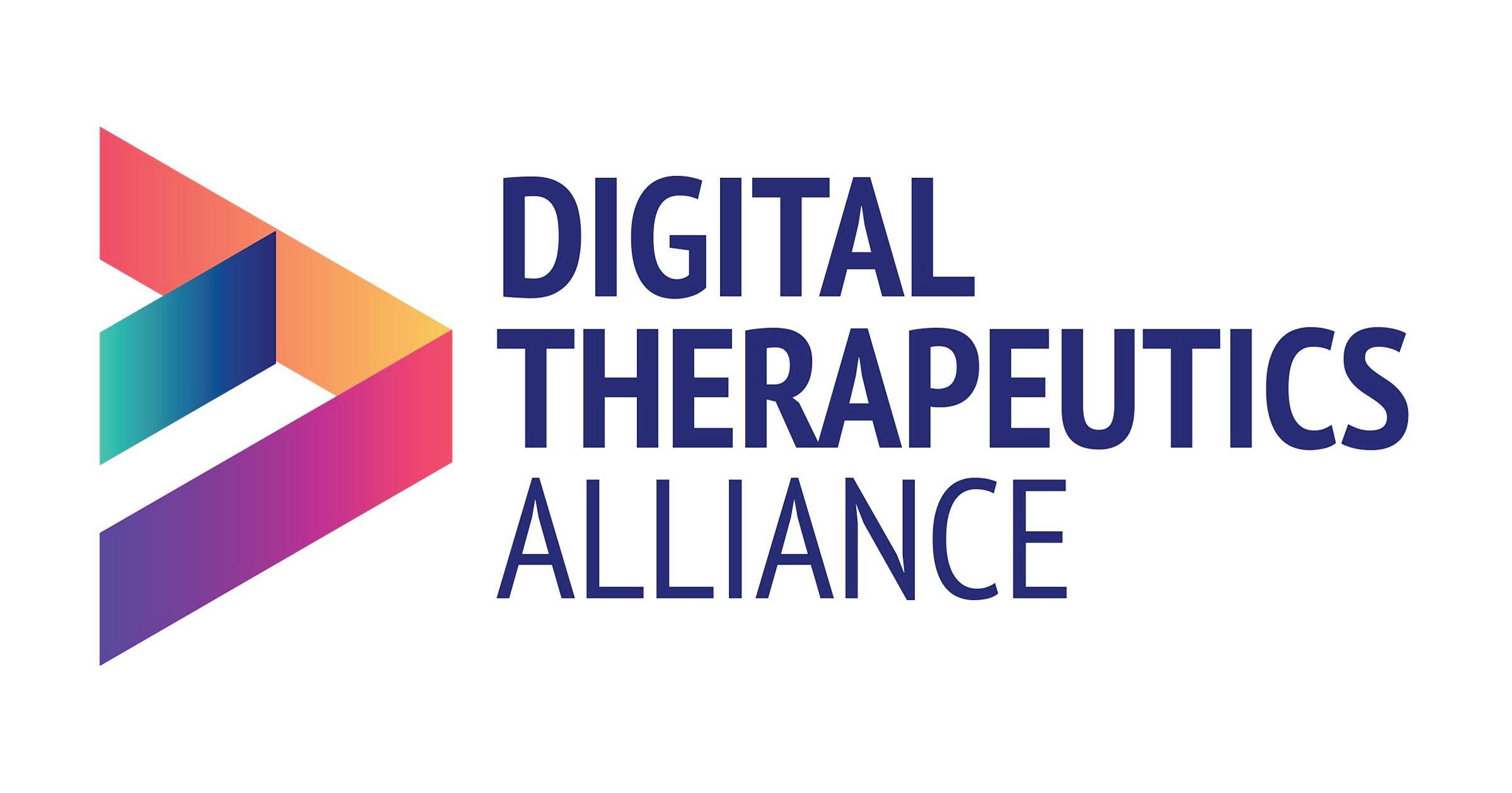
2 minute read
& CLINICAL VALIDATION
Clinical Validation
In 2021, more respondents are confident with the quality of their clinical evidence compared to 2020. Only a small percentage (5%) are undertaking a clinical trial or study. In 2020 and 2021, a similar proportion of respondents have preliminary evidence to validate their product claims.
Advertisement
Response
We are confident that we have quality clinical evidence that we can achieve our product claims
We have preliminary evidence that we can achieve our product claims
We are currently undertaking a clinical trial or study
We are planning to begin gathering clinical evidence in the next 12 months
We know what we need but we don’t know how to get it
Commercial Validation
The respondents are at various stages of commercial validation and only a small portion (5% in 2021) do not have a final price range/do not know their who their customers will be. In 2021, more respondents are allowing early adopters to pay a reduced fee or will give them an introductory price point. Response
We are in market and are being paid full price for our product
We have some early adopters who are paying at our proposed price point
We have some early adopters who are paying at a reduced or introductory price point
We are gathering commercial validation data in the next 12 months
We do not yet have a final price range to discuss with customers and/or we don’t know who our customers will be
Listening to the Voice of Users vs Paying Customers
Voice of User data includes feedback, preferences and insight from the direct users of a company’s product. Voice of Customer data includes feedback, preferences and insight from entities who will pay for a company’s product.
Digital health companies need to have a deep understanding of the voice of their users as well as their paying customers. Clinical need itself does not necessarily create an incentive for a particular cohort to purchase and implement the technology. Neither does the economic impact of a disease, or the cost of wastage in treating a disease, or the savings to the system if patients were better diagnosed, managed or treated, necessarily relate to an incentive to use and/or pay for the technology.
In 2021, all companies believed that the voice of user/ customer was relevant to their company.
The importance of the global market-export industry is recognised by survey participants, who currently report being predominantly active in the USA, Asia Pacific and the UK. These countries are seen as potential markets for the future followed by the rest of Europe and Canada. In 2020 and 2021, nearly 70% of companies reported being completely/fairly confident to effectively penetrate these major markets.
In 2021, 64% of companies reported being completely/ fairly confident to effectively penetrate major markets using in-house knowledge and expertise, an increase from the 46% of companies who reported this way in 2020. While 37% remain slightly/not confident unsure of their abilities to do so, this is an improvement on the 55% who reported this way in 2020.




